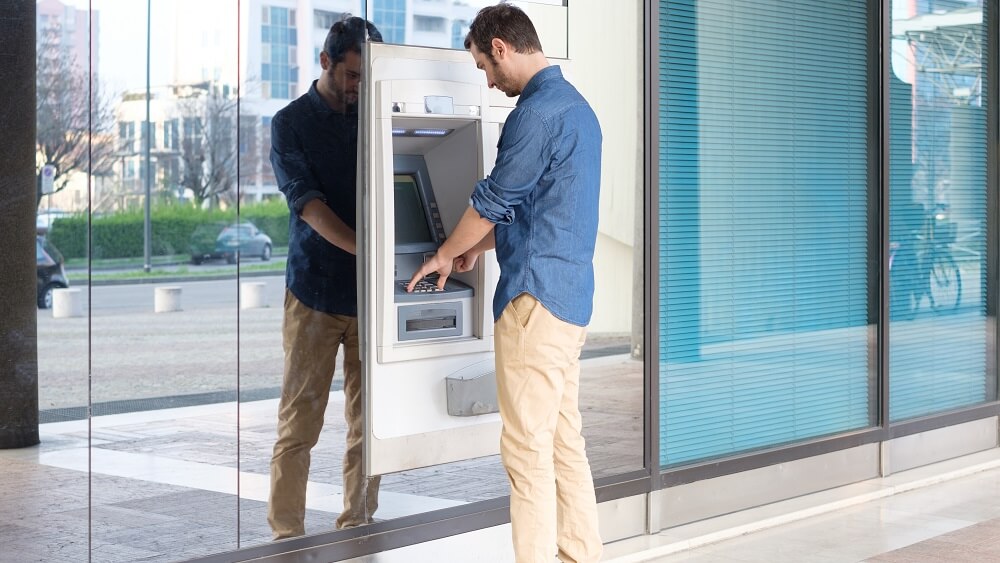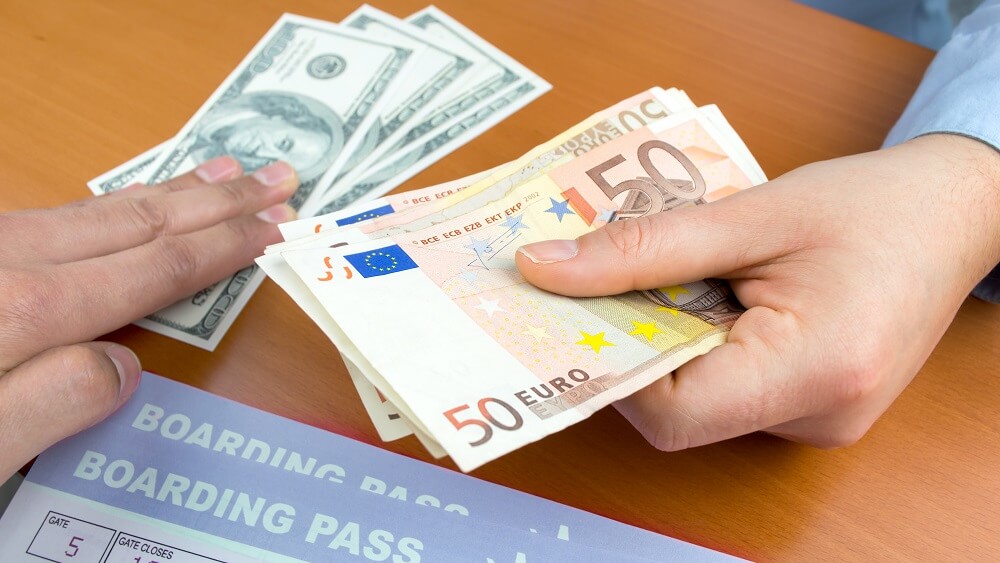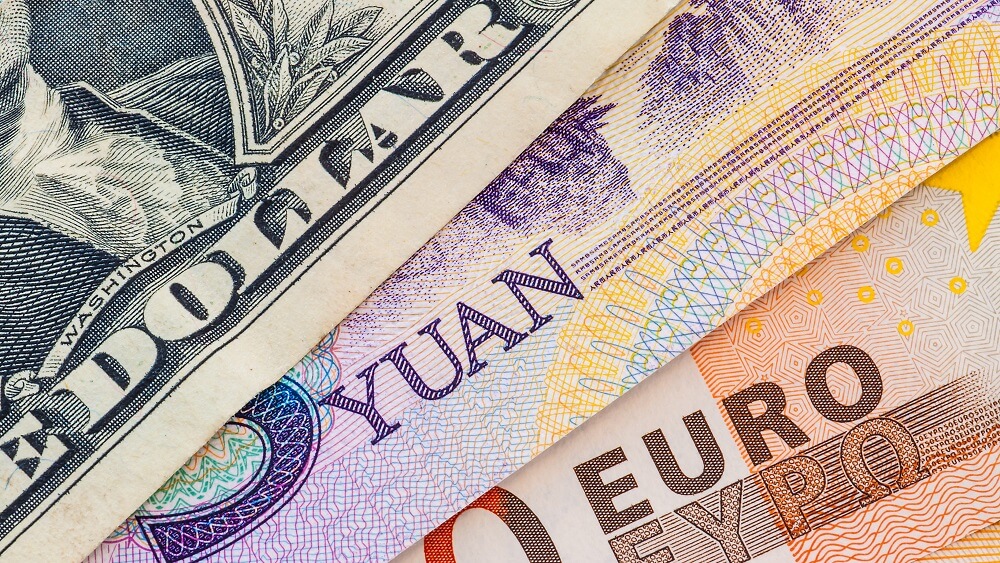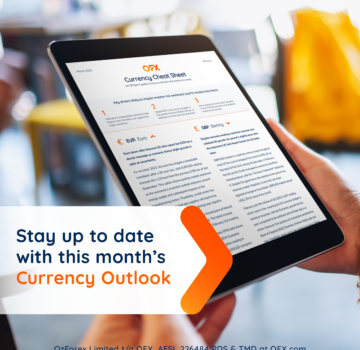To avoid, or at least reduce, your foreign transaction fees:
1. Sign up for one of the many fee-free credit cards that allow you to travel and pay abroad without paying a fee.
2. Only use an ATM abroad if it is a part of your bank’s network.
3. Avoid converting your money at the airport while travelling.
4. Use the local currency when putting charges on your credit card.
5.Create an account with OFX to send bank-to-bank payments at superior exchange rates.
Whether purchasing items online in a foreign currency or travelling to another country and making purchases while on holiday, foreign transaction fees can quickly add up. Thankfully, there are ways to avoid international transaction fees so you can save more of your hard-earned money.
If you are smart and strategic while travelling and shopping abroad, you could purchase that designer outfit in Paris that you have been eyeing up, without having to worry about how much you will have to pay in additional fees. Or you could finally make that hefty investment into beachfront property in Greece while saving money that would otherwise go towards paying bank fees.
Foreign Transaction Fees from Credit Cards
Foreign transaction fees are charged by credit and debit card companies, as well as payment networks, for any transaction that is completed while you are abroad. So, for example, purchasing a three-course meal in Rome with your credit card could result in an international transaction fee. However, this fee could also be applied when you use a bank overseas to process a transaction.
These fees are typically anywhere from 1-3% for every transaction that is completed.1 They are meant to cover the cost of the credit card issuer or bank that is converting your currency on your behalf. And foreign transaction fees can also be used by banks to offset the fraud risks that inherently come with any international transaction.
Many consumers do not realise that foreign transaction fees actually consist of three fees in one when you use a credit card abroad. First, a fee comes from the payment network that is used, and then there is another fee from the credit card’s issuing bank. So it is really no wonder that these fees are so high.

How to Avoid Foreign Transaction Fees from Credit Cards
Fortunately, foreign transaction fees are becoming a thing of the past for many credit card companies. With so much competition, credit card issuers are choosing to release more options for consumers, such as frequent fliers and wealthy spenders, who spend a lot of money abroad and often get hit with high fees in the process.
A 2016 survey by CreditCards.com revealed that 39 out of 100 credit cards did not come with foreign transaction fees.1 So researching and comparing the various credit card options available will help you avoid these fees and potentially save a substantial amount of money when shopping internationally.
Just be sure to read the fine print associated with any credit card or debit card that you are planning on getting. Even if there aren’t any foreign transaction fees, there might be other aspects about a card, such as annual fees, that could still hurt your bottom line. On top of that, you might get hit with a high margin on the exchange rate, even if you are able to dodge the transaction fee—and that margin could cost you up to 5%.

Foreign Transaction Fees at ATMs
While travelling, you might end up withdrawing some much-needed cash at a foreign ATM, but you could be hit with a fee, even if you have a credit card that does not charge fees for international purchases.
These ATM withdrawal fees will vary. But if you end up withdrawing cash in a local currency from an ATM while abroad, you might be charged a flat international surcharge. This is likely to happen if you use an ATM at a bank that is not affiliated with your domestic bank.
You might also be hit with a currency conversion fee. This is usually a percentage, such as 3%, of the amount that you are withdrawing. And on top of all of that, you might also be charged an ATM access fee by the company that owns the foreign ATM that you are getting your cash from.

How to Avoid Foreign Transaction Fees at ATMs
Ultimately, you should read your bank’s terms and policies regarding the use of a foreign ATM. In this way, you will know what you should expect and how you can avoid being charged these fees.
For example, your bank might waive certain ATM fees if you make it a point to withdraw cash from one of its partner banks abroad. So this is the first step that you can take if you want to avoid these fees.
A bank within the Global ATM Network could help you save on fees too. This network of big banks lets consumers withdraw money from their ATMs for free or for a lower fee. You just have to be sure that you can find and use partner ATMs; otherwise, you will be hit with high fees for using an ATM that is outside of the network.
Also, if your bank has branches internationally, you might be able to avoid ATM fees by using them. It is a good idea to ask your local bank about their coverage areas so you can avoid fees in certain parts of the world. You might find, for example, that your bank does not charge fees in the country you are planning on visiting, or you might realise that you need to find an alternative because your bank does charge fees there. Doing the research before you head off will help you make the soundest decisions.
Extra tips to help you save even more money while travelling:

Don’t Convert Your Money at the Airport
While you might be tempted to use one of the exchange bureaus in the airport because they are in a convenient location, it is best to avoid these if you wish to save money. Their virtual monopoly means you’re unlikely to get a good exchange rate, so it is best to get your currency exchanged elsewhere, such as at your domestic bank before you leave for your trip. In other words, unless you really have to use the exchange bureau at the airport, don’t do it.

Opt to Use the Local Currency Whenever Possible
If you are given the option of using the local currency when you are paying with your credit card in another country, take it. This is referred to as dynamic currency conversion. So, for example, if you are buying some souvenirs in Spain and you are given the option of being charged in euros rather than in US dollars, go for it. The majority of the time, a hotel or foreign merchant’s conversion rate for changing those euros into dollars will be higher than your credit card company’s rate. Sometimes merchants will charge upwards of 7% to convert the money. So it will work out in your favour if you leave it up to the credit card to make the currency conversion instead.2
Foreign Transaction Fees when Shopping Online
Travelling is not the only time when you could incur foreign transaction fees. Whenever you purchase products online and the payment is processed via a merchant overseas, you will have to pay this fee.
Tip: if you are planning on buying something online and the price is set in a foreign currency, this is an indication that you are dealing with an international seller. It means that your home currency will need to be converted into the merchant’s currency in order for the payment to go through.
It is especially important to be aware of foreign transaction fees when you are making large investments abroad as well, as your fees could be substantial when you are being charged a percentage of what you are spending. The larger the purchase, the more you’ll pay.

How to Avoid Foreign Transaction Fees when Shopping Online
Whenever you shop from an international merchant online, you can avoid high foreign transaction fees and currency exchange fees by using an online transfer service like OFX. Rather than paying with your credit card and incurring extra charges, you can have OFX send your money from your bank account directly to the merchant’s account.
Transfers with OFX can be set up at any time and from anywhere, so even if you are shopping in the middle of the night, you can set up this payment method to save money. Customer support is also available 24/7 in case you need assistance, and most transfers are completed within 1-2 business days.
With OFX, you will also be able to avoid the high margins (up to 5% on the exchange rate) and fees that banks charge for the same types of money transfers. You can use a currency converter to see exactly how much money you need to send to complete your order, and you can rest assured that every transfer will be secure.
Plus, for large investments that you can pay over time, you can set up recurring transfers. You can also use a Forward Contract to lock in a great exchange rate and make the transfer at a later date if that is what you prefer.

Foreign Transaction Fees While Living Abroad
If you are planning on living abroad temporarily for school or for work, you will have even more expenses to cover on a day-to-day basis, which means those foreign transaction fees will add up more quickly.
So even if you don’t mind paying the fees while you are on a short trip abroad, if you are settling down for a while in another country, signing up for a local bank account and local credit and debit cards could help you save money.
For additional tips and guidance, check out our Guide to Managing Savings Abroad.
So if you are planning on travelling abroad for a much-needed getaway, you are planning on attending school or getting married abroad, you are hoping to purchase from an international seller online, or you are making an international investment, consider how much you will need to pay in foreign transaction fees just to have your currency converted.
By doing some research and preparing in advance, you will be able to avoid unwanted surprises. Plus, you will also have the ability to avoid transaction fees altogether, or at least reduce the amount that you need to pay, regardless of what bank you use or what credit card you prefer.
IMPORTANT: The contents of this blog do not constitute financial advice and are provided for general information purposes only without taking into account the investment objectives, financial situation and particular needs of any particular person. OzForex Limited (trading as OFX) and its affiliated entities make no recommendation as to the merits of any financial strategy or product referred to in the blog. OFX makes no warranty, express or implied, concerning the suitability, completeness, quality or exactness of the information and models provided in this blog.


